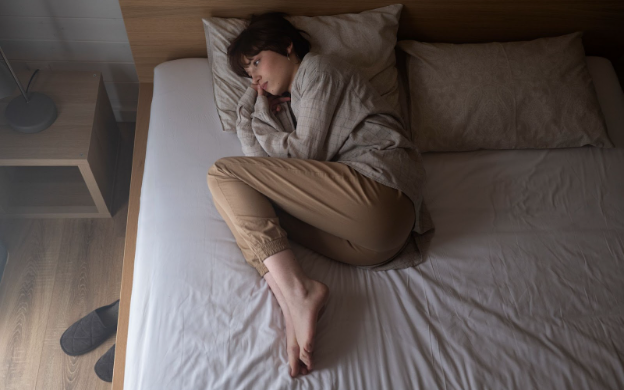
- ASD, Psychiatrist in Monrovia
- 0 Comments
Autism Spectrum Disorder (ASD) affects communication, behavior, and social interaction in diverse ways. Early diagnosis and personalized care are key to positive outcomes. Families can benefit from working with a skilled psychiatrist in Monrovia, Los Angeles County, CA, who understands the needs of individuals with ASD. Brain Health USA provides expert, compassionate support and treatment […]
Read More





